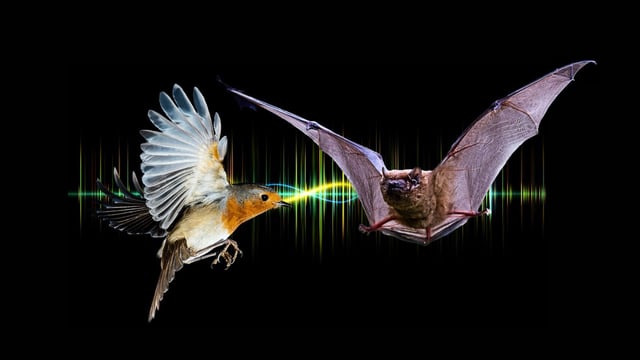Overview
- Researchers captured the first direct evidence of a greater noctule bat catching a European robin aloft, with recordings of 21 distress calls followed by 23 minutes of chewing during continued flight.
- Ultralight biologging tags on 14 bats in southern Spain logged altitude, 3‑D motion and audio, documenting 611 hunts and two high-altitude bird attacks, including a successful strike near the ground after a climb to about 1.2 kilometers.
- The bats executed steep, high-speed dives with rapid feeding-buzz sequences, using relatively low-frequency ultrasound that songbirds do not hear, which likely confers a stealth advantage.
- DNA barcoding and X-ray analyses of severed passerine wings found under hunting areas showed bite marks consistent with greater noctules, supporting in-flight wing removal to reduce drag and ease handling.
- The findings confirm a decades-old hypothesis advanced by Carlos Ibáñez, offer new insight into nocturnal predator–prey dynamics, and underscore conservation needs for this rare, regionally endangered species.

